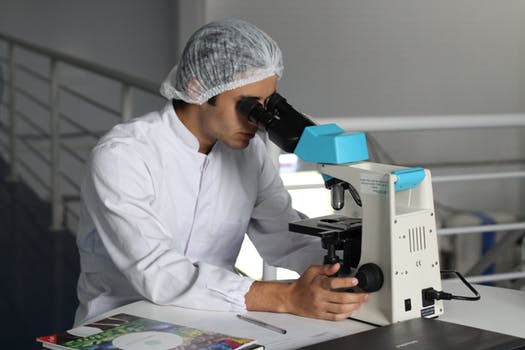A new form of testing for human papillomavirus (HPV) is being introduced in Australia as an alternative to the traditional pap smear screen for cervical cancer.
According to the Cancer Council Australia, the test, which can be self-completed or undertaken by a doctor, is a screening for HPV, which causes 99.9 percent of cervical cancers.
If HPV is identified, potentially cancerous cells can be treated earlier than they would be if they were identified by a pap smear.
Speaking on the ABC Mornings program, medical director at Family Planning NSW Dr Deborah Bateson described the simplicity of the test.
“it’s a bit like putting a tampon in, it shouldn’t be uncomfortable.”
The test will need to be completed at a doctor’s clinic but a larger level of privacy is afforded than with the pap smear.
“You can do this in the privacy of the bathroom or behind the screen. Women can have that sample collected and their GP can send it off to their lab.”
It is hoped that the simplicity and privacy will encourage more women who would delay or be uncomfortable with undertaking a pap smear to get checked.
The program will see women tested once every five years, as opposed to the pap smear, which was recommended to be taken every two years.
Women will first receive the test at 25 years of age, compared to 18-20, when the first pap smear is recommended.
Research conducted by the Medical Journal of Australia saw that one round of self-collected HPV screening at age 30 would avoid 908 cancer diagnoses and 364 deaths by age 84.
The news of the new screening comes on the back of research released by the International Papillomavirus Society (IPVS) that revealed infection rates of HPV among young women (under 24) in Australia had fallen to just 1 percent.
It is hoped that cervical cancer could be eliminated in Australia within the next 40 years through the use of the new test and the continued use of the Gardasil 9 vaccine, which was introduced in 2007 and protects against strains of HPV.
According to Cancer Australia, the Australian Institute of Health and Welfare estimates that 930 females will be diagnosed with cervical cancer in 2018, and that 258 deaths will occur.







